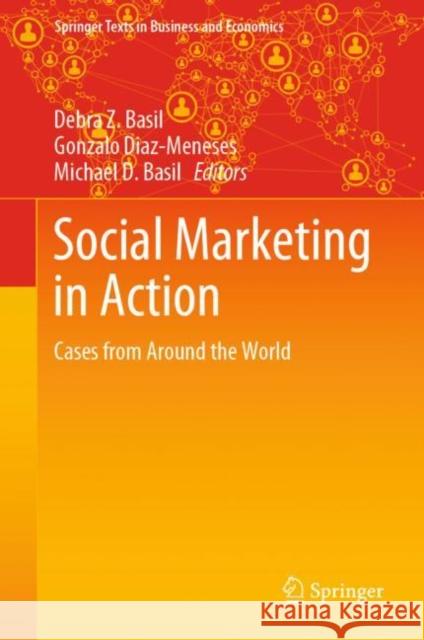Social Marketing in Action: Cases from Around the World » książka
topmenu
Social Marketing in Action: Cases from Around the World
ISBN-13: 9783030130190 / Angielski / Twarda / 2019 / 462 str.
Kategorie:
Kategorie BISAC:
Wydawca:
Springer Nature Switzerland AG
Seria wydawnicza:
Język:
Angielski
ISBN-13:
9783030130190
Rok wydania:
2019
Wydanie:
2019
Ilość stron:
462
Waga:
0.85 kg
Wymiary:
23.39 x 15.6 x 2.69
Oprawa:
Twarda
Wolumenów:
01
Dodatkowe informacje:
Wydanie ilustrowane











